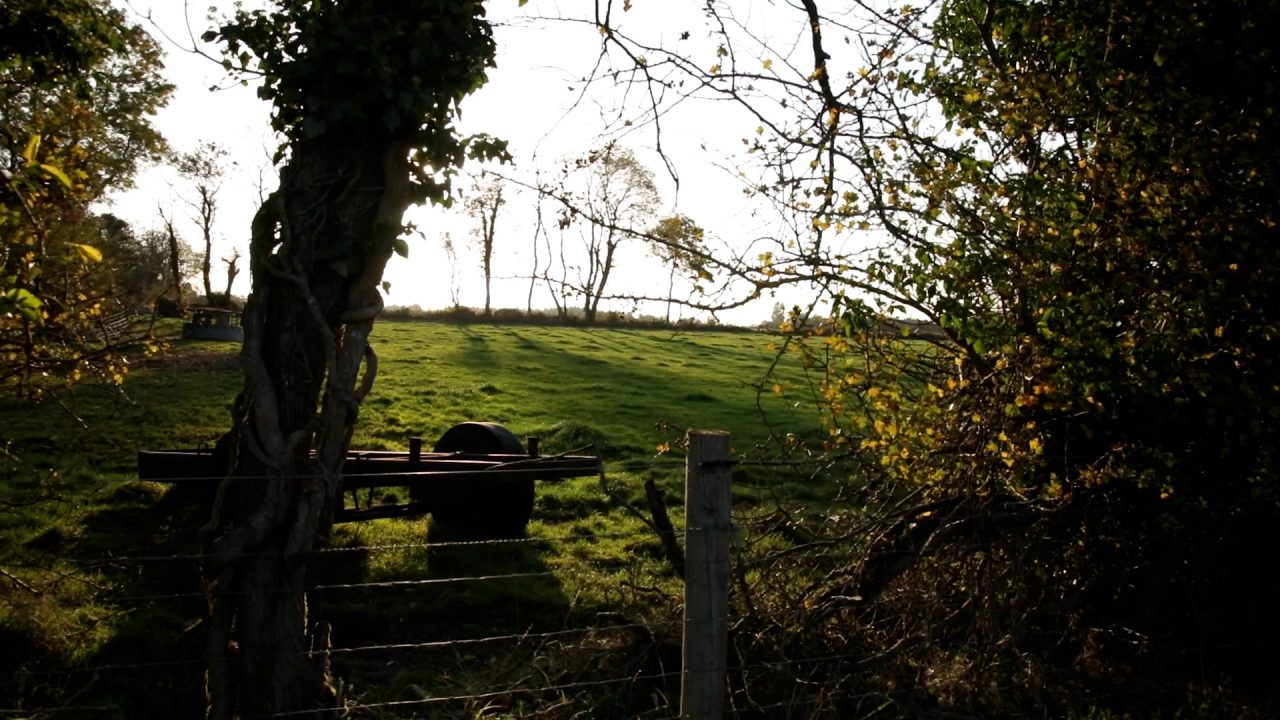A stakeholder conference on carbon farming has heard that there is a “significant knowledge gap” among farmers, landowners, and agri-food stakeholders around the topic.
Teagasc’s Counting Carbon: Science and Practice Conference took place in Ashtown, Dublin yesterday (Thursday, June 20).
It heard from a number of speakers on the development of a carbon farming system for Ireland, one of whom was Bernard Harris, an official in the climate change and bioenergy policy division of the Department of Agriculture, Food and the Marine.
Carbon farming refers to farming with a focus on carbon emissions, and involves measuring carbon emissions and taking land use actions to mitigate those emissions.
The Department of Agriculture, Food and the Marine has said it is committed to the development of a Carbon Farming Framework in 2024 to “support the rewarding of farmers, foresters and landowners”.
However, Harris said that there is a significant gap among farmers, landowners, agri-food stakeholders around this topic, as it is a new and developing area.
In a presentation on the policy aspects of developing a future Carbon Farming Framework, Harris said that, as a first step, it would be useful to develop a knowledge transfer strategy around a carbon farming demonstration.

The current knowledge gap in the area was reflected in the results of a public consultation on the development of a framework that was conducted last year.
While the prospective of diversifying farm income was viewed by 62% of responders as a positive opportunity, Harris said that, when asked if they would join a carbon farming initiative “right now”, only 53% said they would.
The remainder said they would rather wait as they did not know enough to be able to decide.
Harris cited this as an “important signal” as it shows the scale of uncertainty.
Sensible consultation, deliberation and information activities should be used to address that uncertainty, the department official said.
Carbon farming consultation
According to Harris, farmers made up over 30% of the respondents to last year’s public consultation, while farm advisors made up around 25% and foresters about 18%. These three groups were the largest categories of respondents.
There was broad agreement among respondents that a compensation mechanism to reward eco-system services was needed as part of the framework, as well as carbon removal, greenhouse gas (GHG) reduction and biodiversity measures.
Harris also outlined that a great majority of respondents saw the state or the EU as being responsible for paying for carbon farming measures by farmers. However, a decent-sized group of respondents said that costs can be shared by consumers, processors, and the food producers themesleves.
He also said that it was clear from the consultation that a longer duration to the “time horizon” of financing activities was desirable, with almost 50% preferring a 20-year period for funding.
